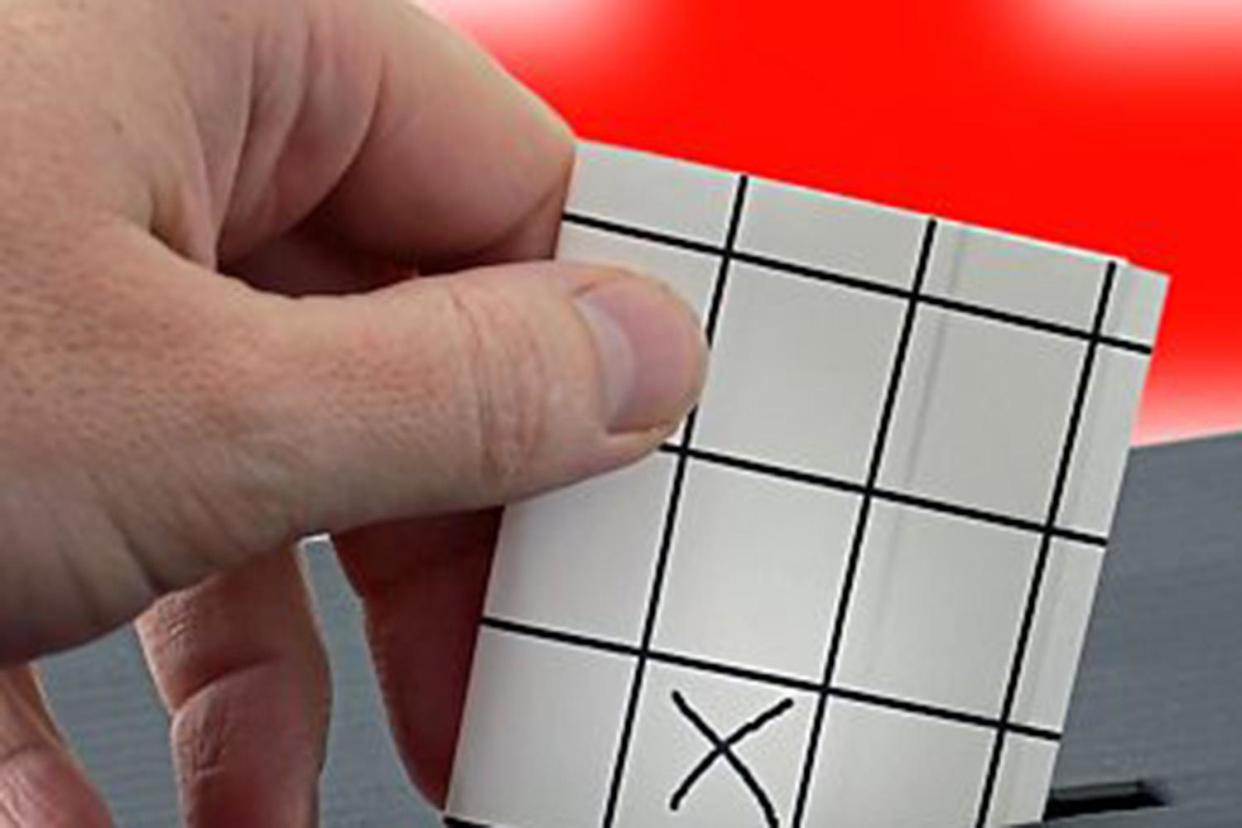How to vote tactically in the 2017 general election

Election hacks, the sort that don’t bother GCHQ, are largely benign. They’re app- and website-led tools designed to make decisions, rather than the electoral roll, easier to decode.
For partisan voters exhausted by austerity government, the Tactical 2017 website works to encourage strategic voting to unseat the Conservatives. Type in your constituency and it tells you which non-Tory has the best chance where you live. “Our voting system is so imbalanced it is vital that people are as well-informed as possible, both about the parties and the voting system,” says spokesperson Becky Snowden. “With access to this info in our phones, we literally have the power to bring about change in our hands.”
Meanwhile, Voting Counts, a website set up by student Rachael Farrington, sets out to extract content from a variety of sources, collating, rewriting and simplifying it, free of bias. “We try to help young adults compare the main party policies, enabling them to make their own decisions uninfluenced by friends and family,” says Farrington. “All our content is written by young adults. This means we’re not patronising, nor is our content full of jargon.”
The Daily Election, an online polling app for IoS and Android, is also looking to millennials, gamifying the experience. Topical questions see you climb “levels” from Pleb (a nod to Andrew Mitchell) to Prime Minister. You’re having fun but you’re also signalling your voting intentions. There’s even a Tinder for politics, Voter, which lets you swipe “yes” or “no” politicians to match interests.
The future looks selfie-centred. Smartmatic believes its facial recognition software is more secure than most online banking or shopping systems. Voters log in to their app with a selfie, which reads their biometric data, and is combined with a government-issued ID card to create a digital identity. Users can then cast their vote remotely from anywhere — as long as they’ve got signal.
While Whitehall says the paper ballot system is most secure, your vote needs to be informed. Reaping the benefits of the information age seems a no-brainer.
Follow Samuel Fishwick on Twitter: @Fish_o_wick

 Yahoo News
Yahoo News 
